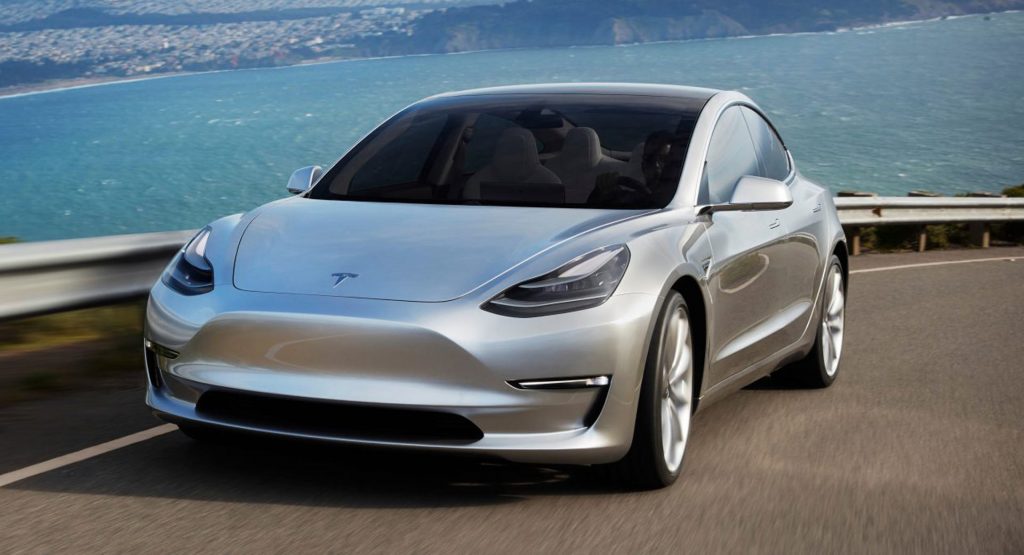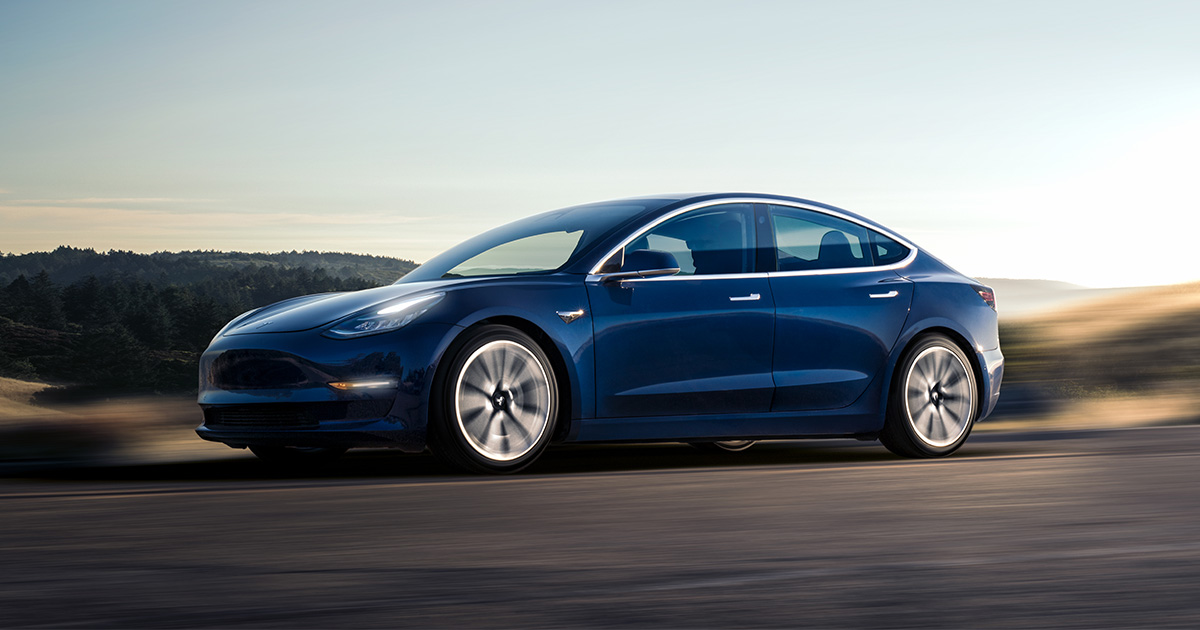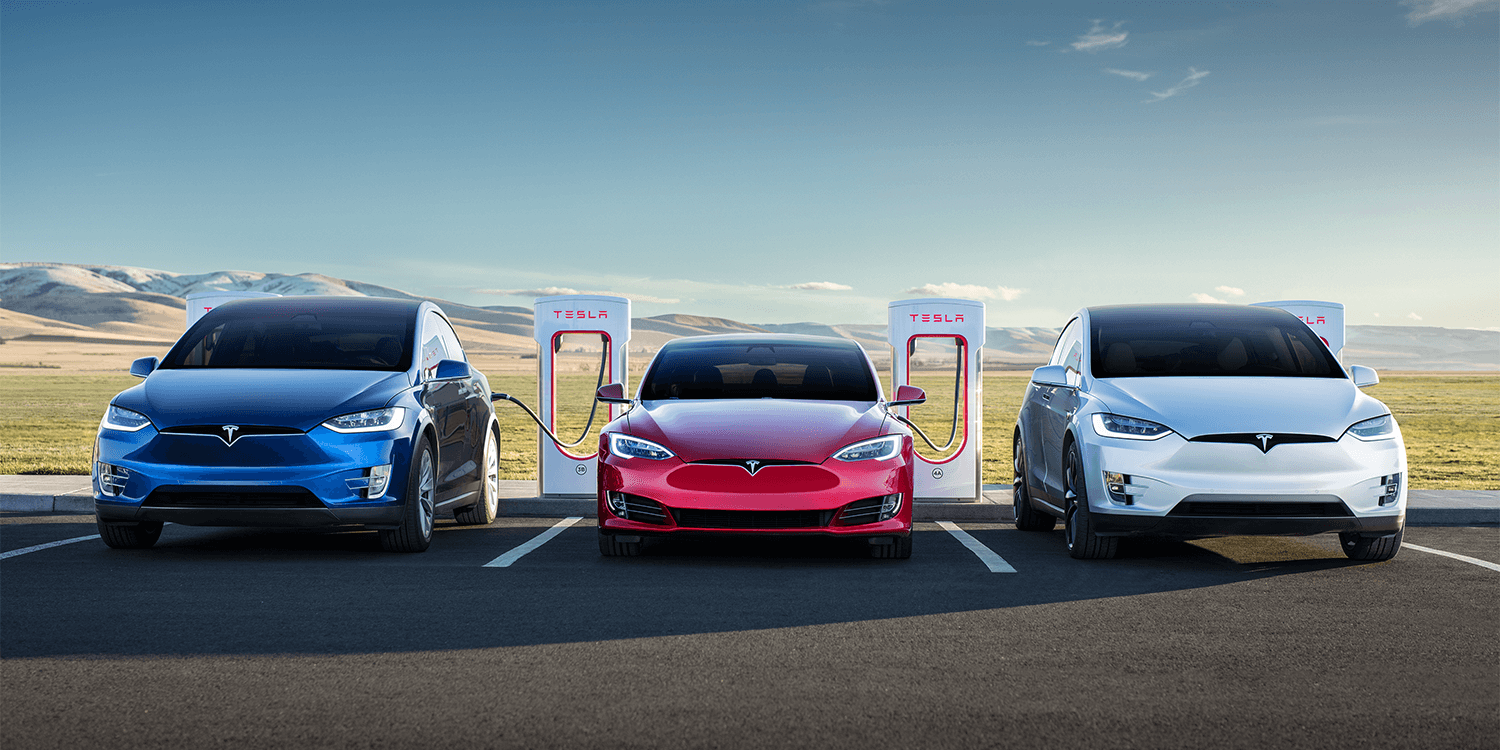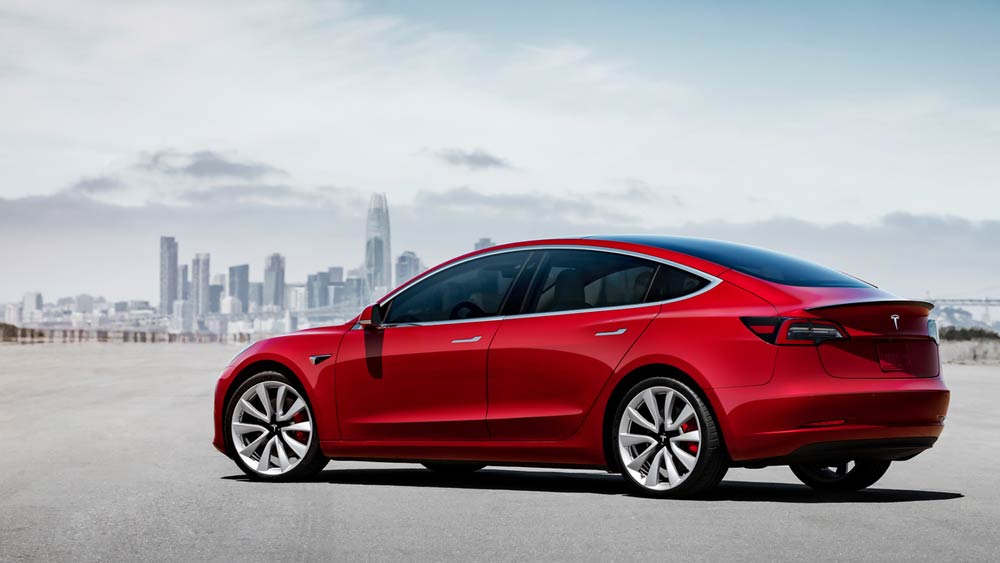The Tesla Model 3 is no longer be recommended by Consumer Reports due to a number of owner complaints about the electric sedan.
The American magazine published the results of its annual reliability survey and collected data on nearly 470,000 vehicles, including the Model 3. While most owners who responded to the survey are happy with the vehicle, many did report reliability issues.
For example, they identified issues with the body of the Model 3, its paint, and the interior trim. Owners also reported in-car electronics problems, such as the infotainment screen freezing, as well as defects with the Model 3’s glass, including cracks in the rear window.
“The touch screen would intermittently begin acting as if someone was touching it rapidly at many different points,” one respondent said. “This fault would cause music to play, volume to increase to maximum, and would re-scale and pan the map in the navigation system.”
Despite reliability issues, Model 3 owners are still happy with the vehicle, placing the sedan among the top mpdels Consumer Reports’ recent owner satisfaction survey.
According to senior director of auto testing at Consumer Reports Jake Fisher, reliability usually undermines satisfaction, but there are exceptions.
“When a vehicle has an enthusiastic following, like with Tesla, owners may overlook some issues. We’ve seen this with other vehicles such as the Jeep Wrangler and Chevrolet Corvette.”
Tesla’s response
In response to the Model 3 losing its recommendation, Tesla replied it has already fixed many of the issues pin-pointed by owners.
“The vast majority of these issues have already been corrected through design and manufacturing improvements, and we are already seeing a significant improvement in our field data.”
Consumer Reports dropped its recommendation for the Model S in October 2018 due to issues with the air suspension. The Model X has never earned a recommendation due to consistently below-average reliability, especially with its falcon wing rear doors.









